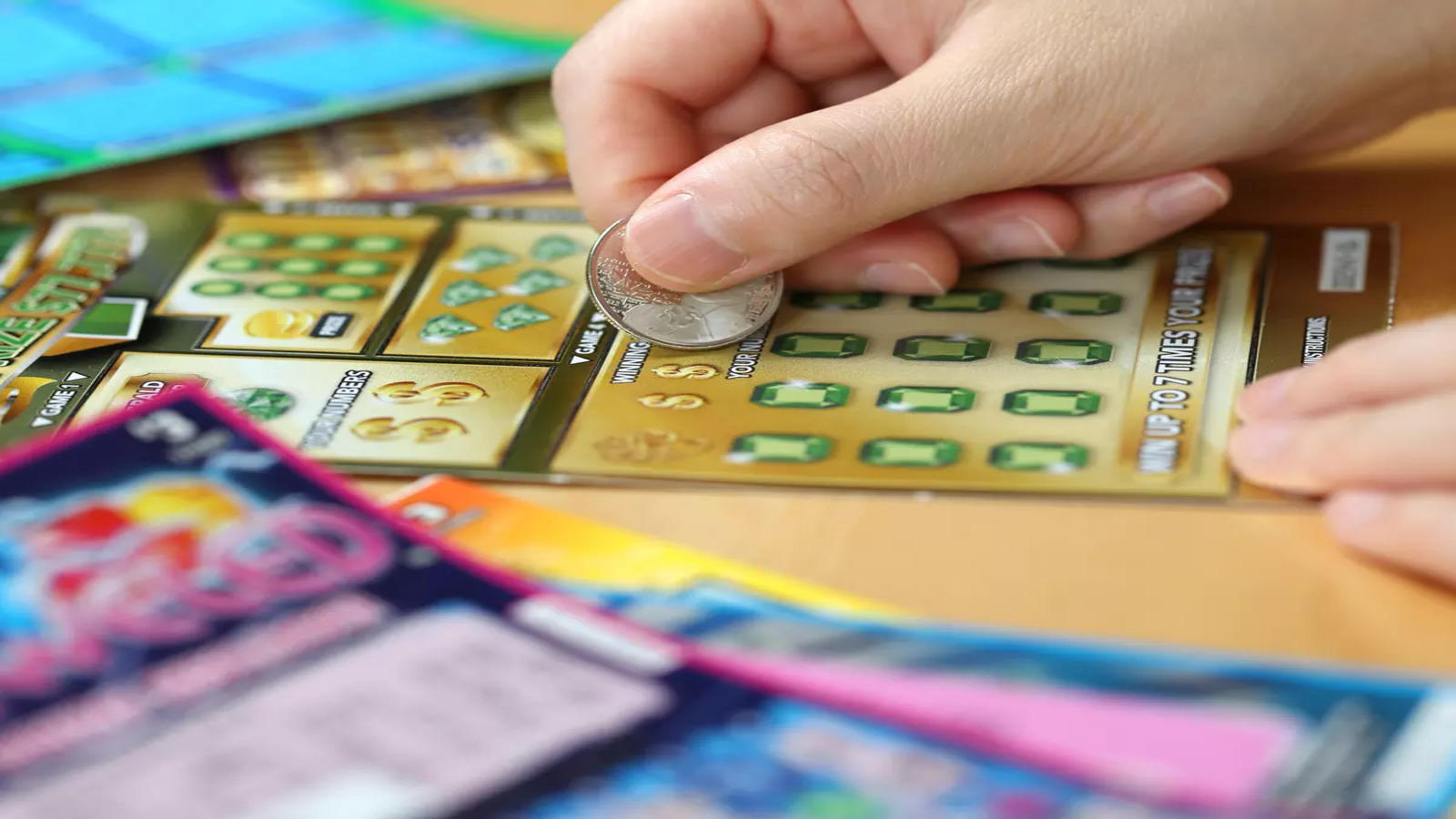Lottery gambling is a ubiquitous yet enigmatic phenomenon that has captured the imagination of millions around the globe. It stands at the intersection of hope, chance, and statistical improbability, enticing participants with the promise of life-changing fortunes login koitoto. Yet, beneath its glitzy surface lies a complex web of psychology, economics, and social dynamics.
The Allure of the Jackpot
Lotteries are often referred to as a “tax on the mathematically challenged,” a humorous nod to the overwhelmingly low odds of winning. Despite this, people flock to lottery tickets week after week, dreaming of hitting the jackpot. The allure is undeniable; a small investment could yield unimaginable returns, transforming lives in an instant.
Psychologically, lotteries tap into the human tendency to overestimate small probabilities. The mere possibility of winning, no matter how remote, fuels dreams and aspirations. For many, buying a ticket isn’t just a bet; it’s a brief escape into a world of what-ifs and fantasies.
The Mathematics of Chance
From a statistical standpoint, the odds of winning the lottery are staggeringly low. Whether it’s picking the right combination of numbers or scratching a winning ticket, the chances of success are minuscule. Yet, these slim odds don’t deter millions from participating. This paradox lies at the heart of lottery psychology—people often ignore the odds because they’re captivated by the potential payoff.
In the realm of probability, the lottery’s allure can be attributed to what economists call the “utility of hope.” The value people place on the possibility of winning outweighs the rational assessment of their chances. This phenomenon isn’t limited to the lottery; it underpins many forms of gambling and speculative investment.
Social and Economic Implications
Lotteries also play a significant role in society beyond individual dreams. Governments often use lottery revenue to fund public services like education and infrastructure. This practice has sparked debates about the ethics of funding public services through what some consider a regressive tax on the poor. Critics argue that lotteries disproportionately attract low-income individuals who can least afford to gamble.
From an economic perspective, lotteries exemplify a classic case of “irrational exuberance,” a term coined by economist Robert Shiller to describe market behaviors driven by sentiment rather than fundamentals. People’s willingness to overlook the odds in favor of a slim chance at massive wealth reflects broader tendencies in economic decision-making.
The Future of Lottery Gambling
As technology evolves, so too does the landscape of lottery gambling. Online platforms and mobile apps have made it easier than ever to participate, expanding the market and increasing revenue. Meanwhile, debates about regulation and consumer protection continue to shape the industry’s future.
Looking ahead, the lottery’s place in society is likely to evolve. Advances in artificial intelligence and data analytics may enable more sophisticated approaches to predicting outcomes, while blockchain technology could revolutionize transparency and security.
